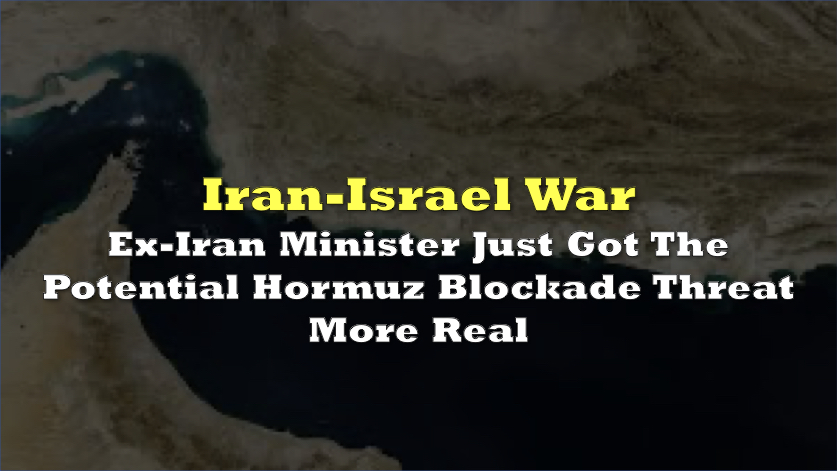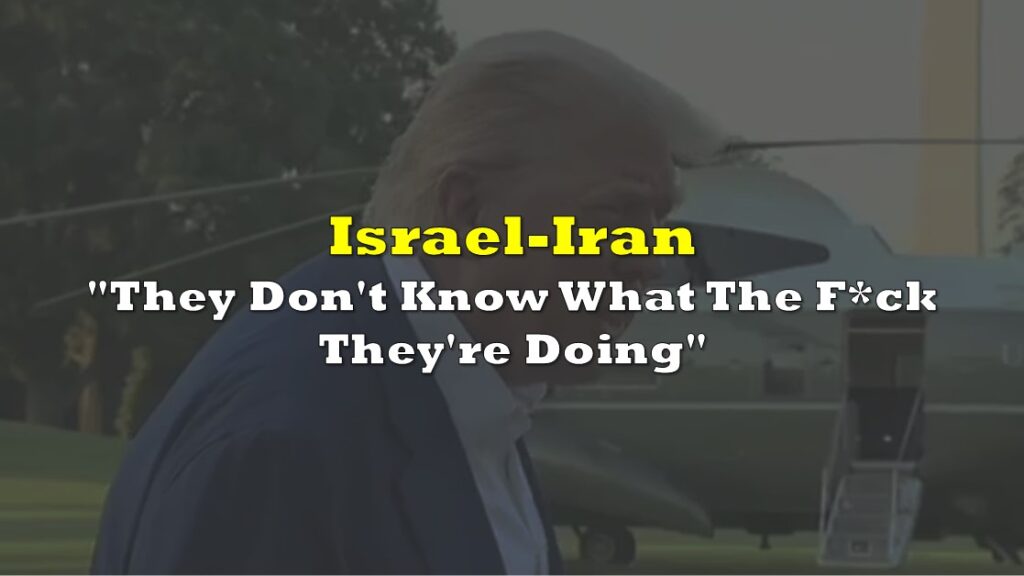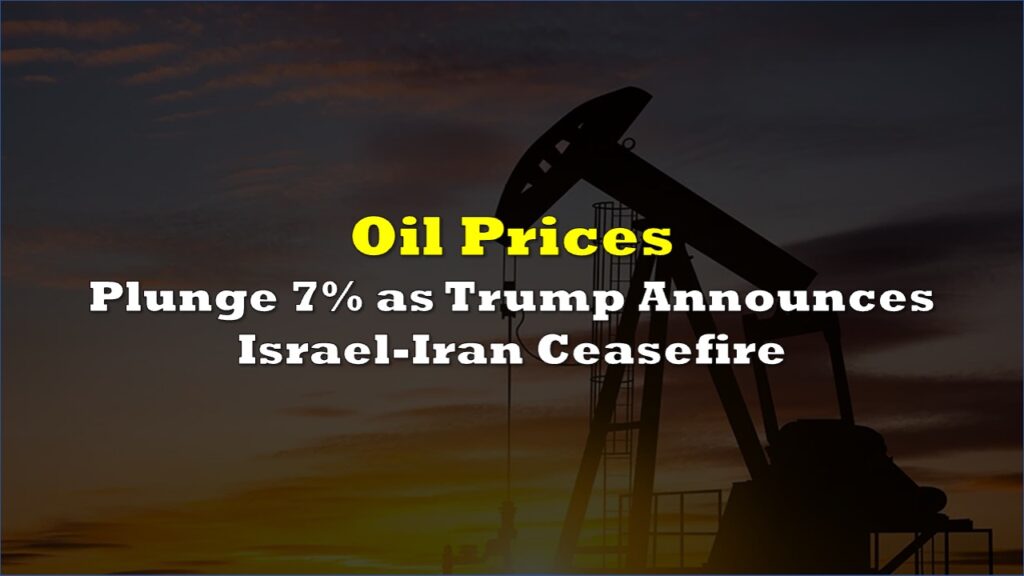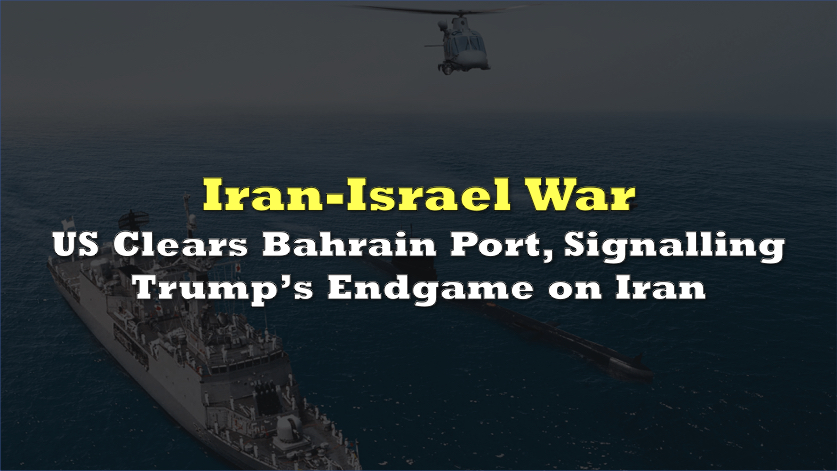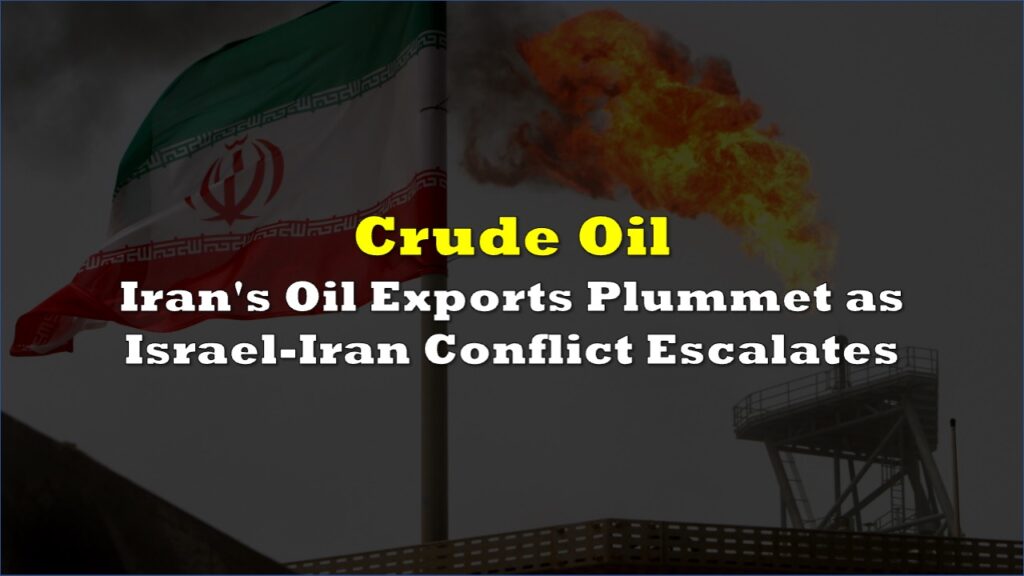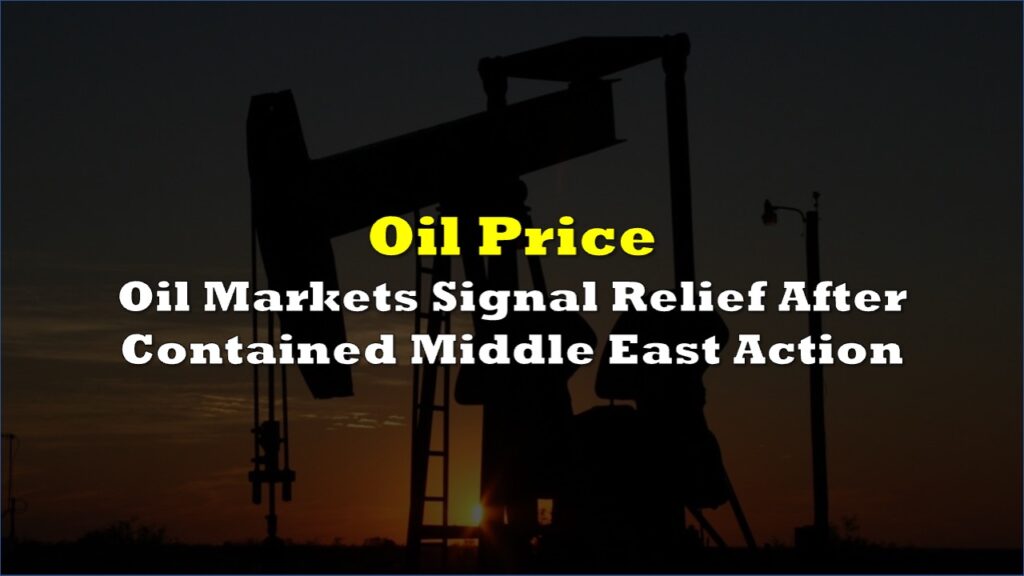When former Iranian economy minister Ehsan Khandouzi urged Tehran to bar “any oil tanker or LNG cargo” from transiting the Strait of Hormuz for the next 100 days unless it first secures Iranian approval, the warning, while not binding, gave a reality check for world powers on the possibility of an oil chokehold and the global economy repercussions.
At stake is the world’s most important energy chokepoint: roughly 20% of global seaborne crude—about 20 – 21 million bpd—moves through the strait’s 33-kilometre pinch-point every day. A forced slowdown or outright closure would immediately remove more barrels from the market than the 1973 and 1979 oil shocks combined.
🚨 #BREAKING: IRAN JUST PUT A GUN TO THE WORLD’S OIL SUPPLY
— HustleBitch (@HustleBitch_) June 18, 2025
Starting tomorrow, NO tankers can pass through the Strait of Hormuz unless Tehran says so. This strait funnels 1/5 of all oil traded at sea. That’s 21 million barrels per day.
You choke Hormuz, and you choke the world.… pic.twitter.com/v9ScmVRLeC
Futures markets are already flashing red. Brent settled up 4.4% at $76.45 per barrel and WTI gained 4.3% to $74.84 after the remarks circulated, while spot VLCC charter rates from the Gulf to Asia have jumped 40% since early this week.
Maritime security agencies report a parallel spike in GPS spoofing, electronic interference and one recent tanker collision near Hormuz.
History counsels caution: despite repeated threats since 2018, Iran has never executed a full blockade—in part because it, too, exports via the strait and would invite a multinational military response.
Still, even a partial interdiction could vault crude toward $100, hammer emerging-market currencies and drive US retail gasoline above $10 per gallon—an outcome some Iranian hardliners openly hope will undercut President Donald Trump’s narrative of “energy abundance.”
Information for this story was found via CNN, Reuters, and the sources mentioned. The author has no securities or affiliations related to the organizations discussed. Not a recommendation to buy or sell. Always do additional research and consult a professional before purchasing a security. The author holds no licenses.

